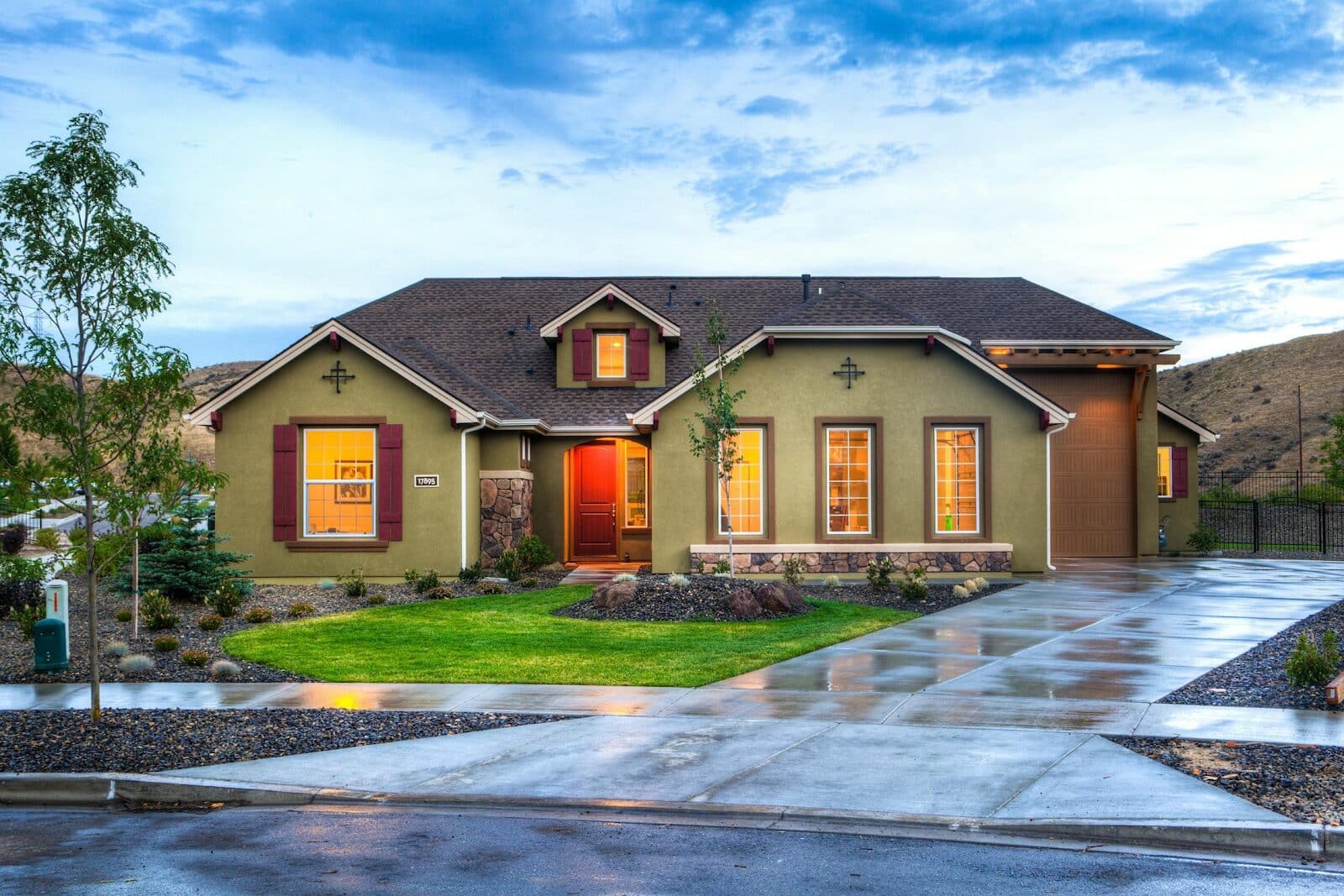In the intricate web of landlord-tenant relationships, responsibilities and liabilities often intertwine, shaping the rights and obligations of both parties. While landlords are typically seen as the overseers of property, charged with maintaining a safe and habitable living environment for their tenants, there are instances where a landlord may be liable for your injuries, hence finding themselves on the wrong side of the legal spectrum.
Both landlords and tenants must be aware of these circumstances to ensure their interests are adequately protected. In this exploration of landlord liability, we dive into three instances where landlords can be held legally responsible for actions or negligence.
These scenarios underscore the importance of adhering to property ownership’s legal and ethical responsibilities and serve as cautionary tales for those involved in the often complex and sensitive world of rental property management.
From issues related to tenant safety and health to matters concerning property maintenance and security, we will traverse the legal landscape to gain a comprehensive understanding of when a landlord can be held liable. By doing so, landlords and tenants can navigate their roles more clearly and confidently, fostering a more harmonious coexistence within the intricate dance of the rental housing market. Let’s dive in.
Table of Contents
Negligence in Maintenance and Repairs
- Duty of Care: Landlords are legally responsible for maintaining their rental facilities. This duty includes promptly addressing structural, electrical, and plumbing concerns and other necessary repairs.
- Liability for Injuries: If a tenant or a visitor suffers an injury due to a landlord’s negligence in maintaining the property, the landlord can be held liable for the injuries sustained. For example, if a tenant slips and falls on a broken staircase that the landlord failed to repair, the landlord may be responsible for medical expenses and other damages.
Failure to Address Health and Safety Violations
- Health Code Violations: Rental properties must adhere to local health and safety codes and regulations. Failure to comply with these standards can put the landlord at liability risk.
- Tenant Health Issues: If a landlord neglects to address issues such as mold infestations, lead paint hazards, or pest infestations and a tenant suffers health problems, the landlord may be held liable for medical costs and other damages.
- Legal Consequences: Landlords who knowingly ignore health and safety violations may also face legal consequences, including fines and the revocation of rental licenses.
Security and Tenant Safety
- Inadequate Security Measures: Landlords are responsible for providing a reasonable level of security for their rental properties. This includes functional door and window locks, adequate common area lighting, and secure entryways.
- Liability for Criminal Activity: If a tenant is the victim of a crime on the rental property due to the landlord’s failure to maintain security measures, the landlord may be liable for damages. For instance, if a landlord fails to repair a broken lock on an apartment door and a break-in occurs, the landlord could be responsible for the tenant’s losses.
- Liability Insurance: Landlords can mitigate some of this liability by having appropriate liability insurance coverage. Insurance packages can help cover the costs of legal claims from security-related issues.
In conclusion, being a landlord carries significant responsibilities, including ensuring the safety and well-being of tenants. Failure to adhere to these duties might lead to legal liability.
Landlords must prioritize property maintenance, provide a secure environment, and fulfill their obligations outlined in the lease agreement to avoid potential legal consequences.
Understanding where a landlord can be held liable is crucial for property owners and tenants, as it helps safeguard the rights and safety of all parties involved in the rental relationship.





